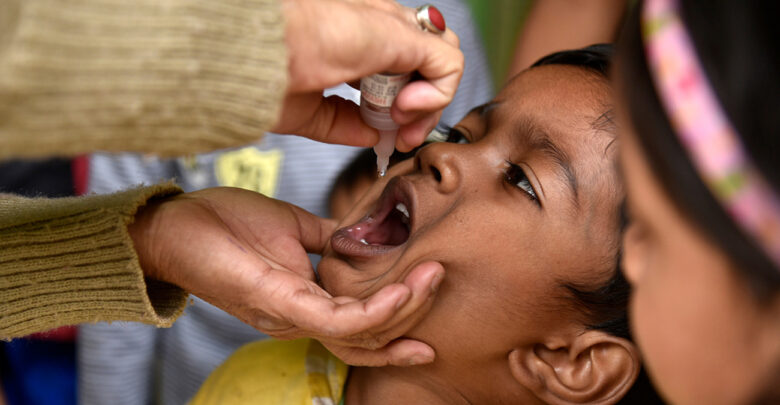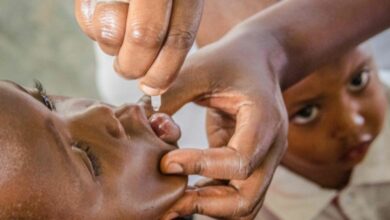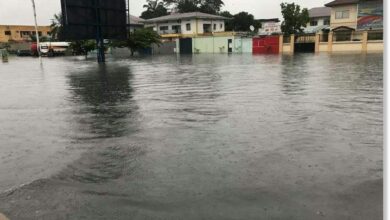Malawi
Malawi’s Health Minister Says Cholera Outbreak Kills 750 As World Cases Rise By 50%

Malawi’s Health Minister Khumbize Kandodo Chiponda on Thursday said the cholera outbreak in the country, the worst in two decades, has claimed 750 lives, reported The Africa News.
Chiponda said the number of cholera cases continues to rise across the country despite signs of reduced transmission and deaths in a few areas.
“We continue to record a rising number of cases across the country, despite signs of reduced transmission and deaths in a few areas. We would like to commend those that are availing themselves of treatment”, Malawi’s health minister said.
As a precautionary measure, Ms Chiponda has ordered the shutdown of many businesses that do not have safe water, toilets, and hygienic refuse disposal facilities, and also announced restrictions on the sale of pre-cooked food.
On Wednesday, Malawi’s health minister said 17 people lost their lives to Cholera and that 589 new cases of the waterborne disease had been reported in the past 24 hours.
Malawi declared the cholera outbreak in March last year. So far, the authorities have recorded more than 23,000 cases.
According to Africa’s largest public health body, Africa CDC, at least 14 African countries have reported cholera cases, many of which are due to flooding across the continent. A major proportion of the continent’s 1.3 billion people do not have access to clean water, sanitation, and good hygiene.
Earlier this week, the World Health Organization Director-General Tedros Adhanom Ghebreyesus said 31 countries had reported cholera outbreaks since December, a 50% increase over previous years.
“While we have had large cholera outbreaks before, we have not seen such a large number of simultaneous outbreaks,” Tedros said.
He added that Malawi, Haiti, and Syria are among the worst-affected countries.
Malawi’s health minister said that the country has received 2.9 million cholera vaccine doses and currently there are only 40 thousand vaccines left. He said that those who have received the vaccine are not at high risk.





